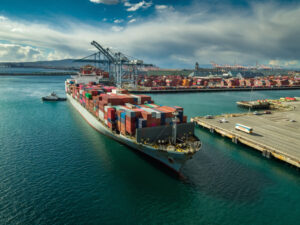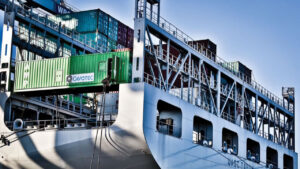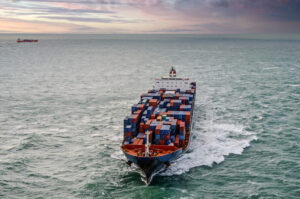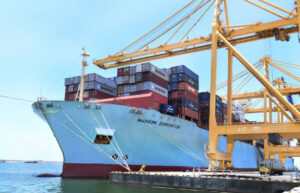In the wake of harsh criticism regarding Maersk’s decommissioning and selling of ships, aware they would be scrapped in dangerous circumstances in Bangladesh and India, the Danish carrier has decided it will cease to sell its decommissioned vessels, reported Politiken.
The company stated that if a ship is no longer viable to continue service, Maersk will take the responsibility themselves to ensure it is scrapped in a safe and environmentally responsible manner; their rules of ship recycling is a 37 page book outlining safety, environmental and corrupt behaviour risks.
Maersk had previously admitted duplicity in its handling of the scrapping of vessels on the Indian and Bangladeshi coast in 2014, having both publicised against it whilst also participating in and encouraging another company to partake in it, but it was reported vessels that had been sold on by Maersk were being scrapped in this way as recent as summer, 2016.
The world’s largest carrier went on to justify their involvement in the contentious scrapping on ships by stating it is an encouragement to improve standards of the yard if Maersk in involved.
A ship typically has a lifespan of around 25 – 30 years before it needs to be broken up, the usual way is to run it aground and then dismantle it, selling its parts whole or its metal at value; therein lies the temptation to scrap ships in this region, the price of steel is very high.
The health risks attached to ship scrapping are numerous and deadly, including, lead or asbestos poisoning, polychlorinated biphenyls and other dangers associated with heavy metals, and the shipyards in India, Pakistan and Bangladesh are notorious for little to no ventilation or measures to prevent this.
Other risks which are higher in this region are injury or death from unsecured metal parts, cancers and burns; there is also a higher risk to the environment in this region as the waste products from scrapping ships are not handled correctly.









